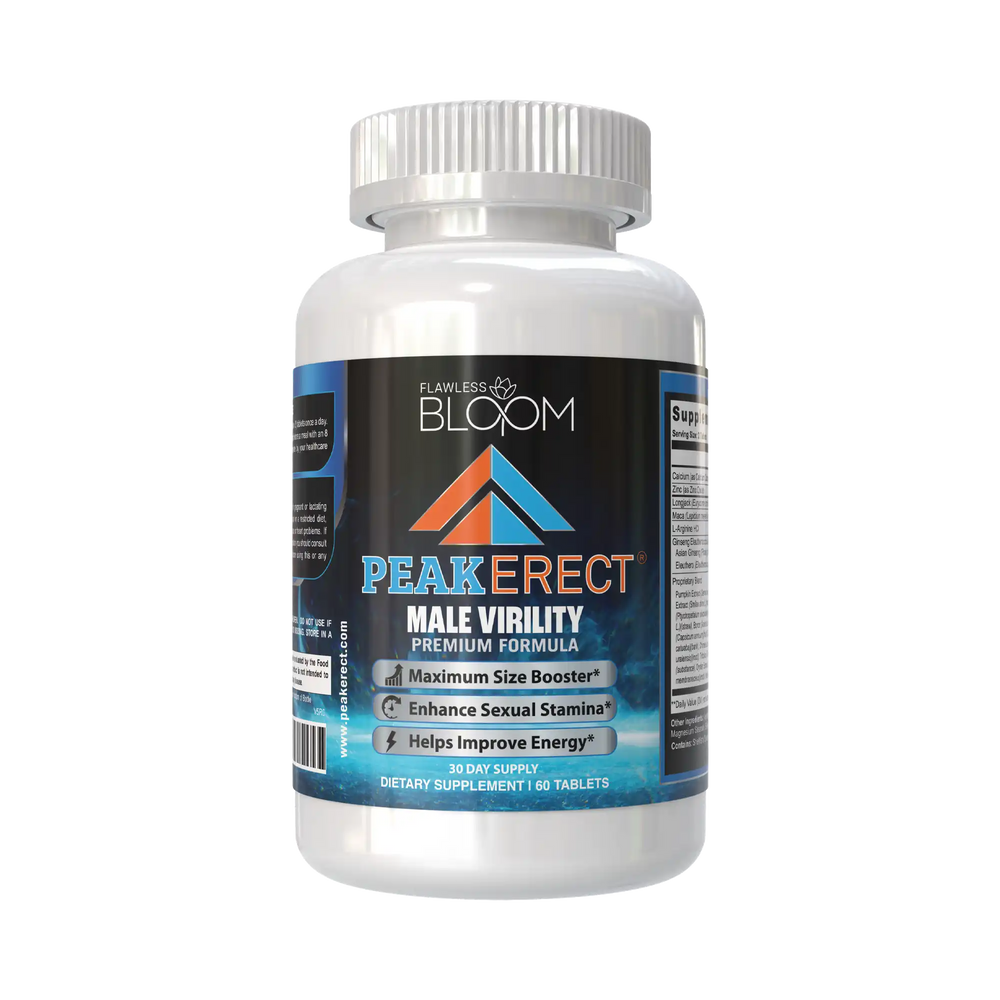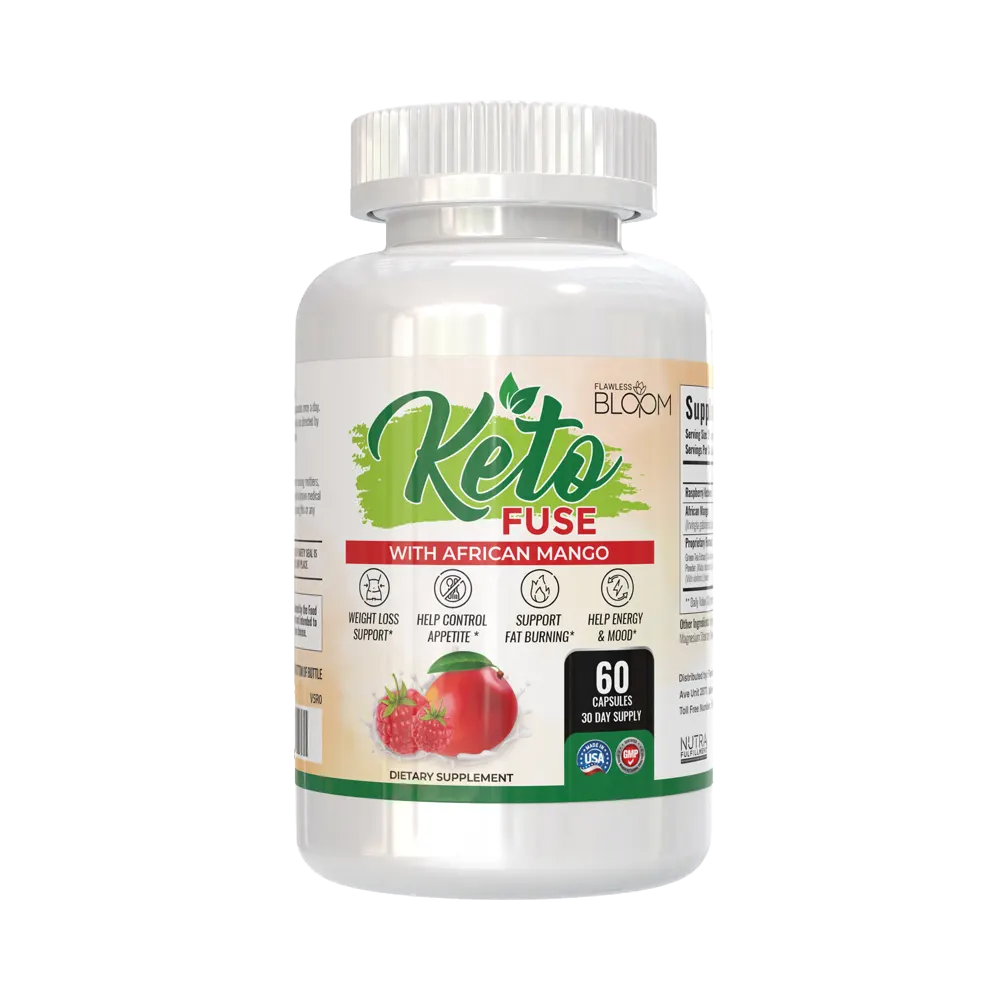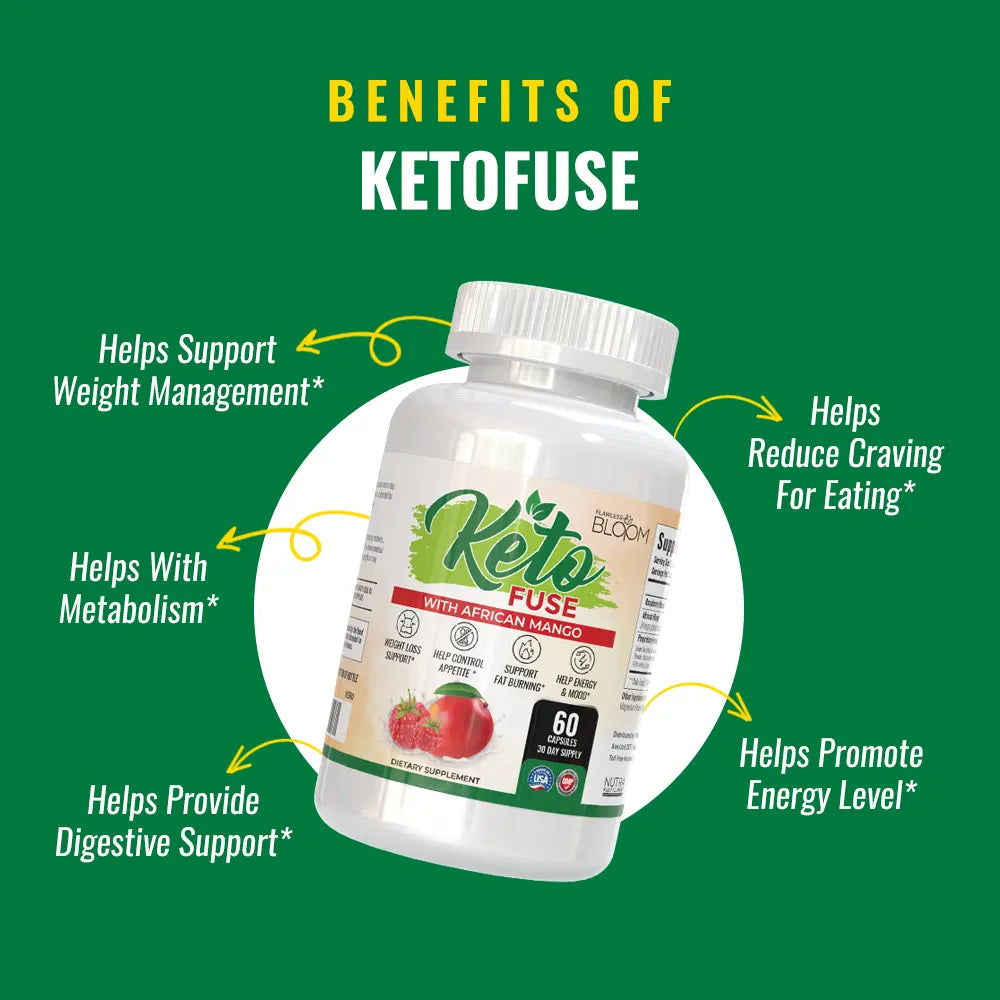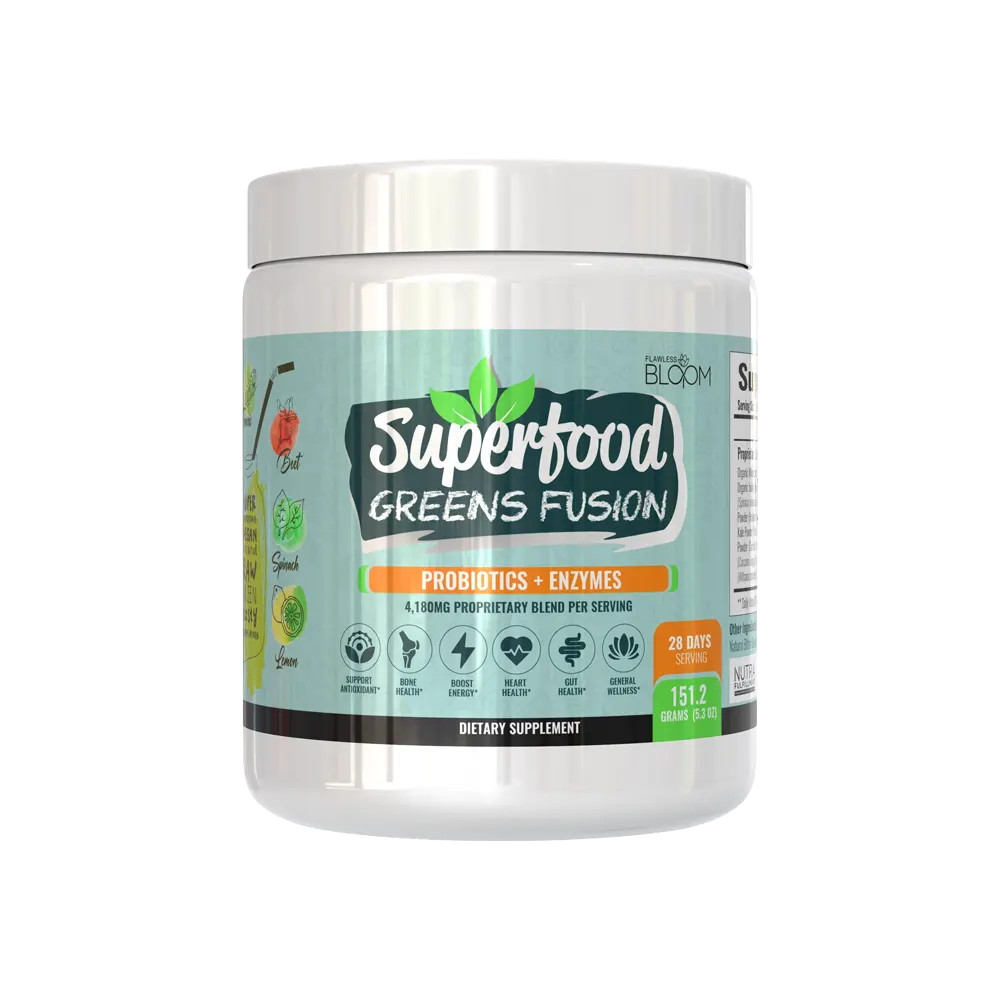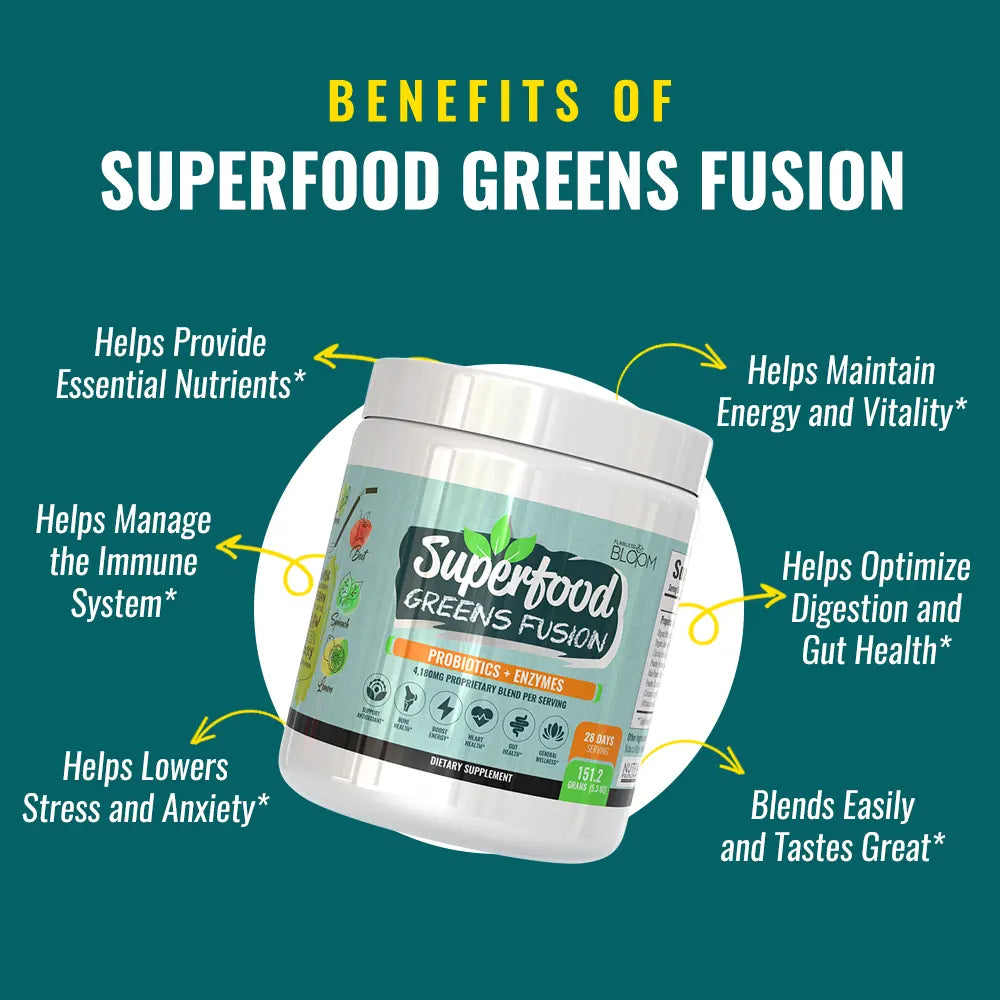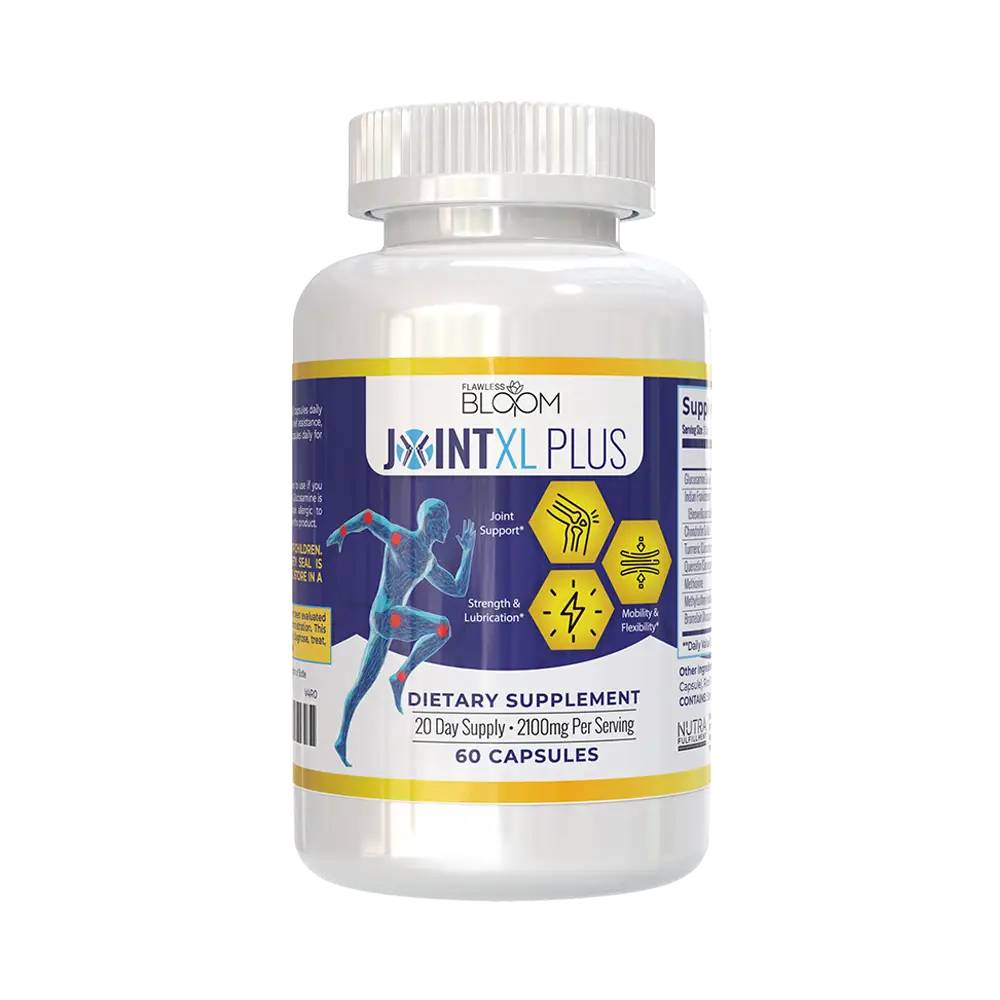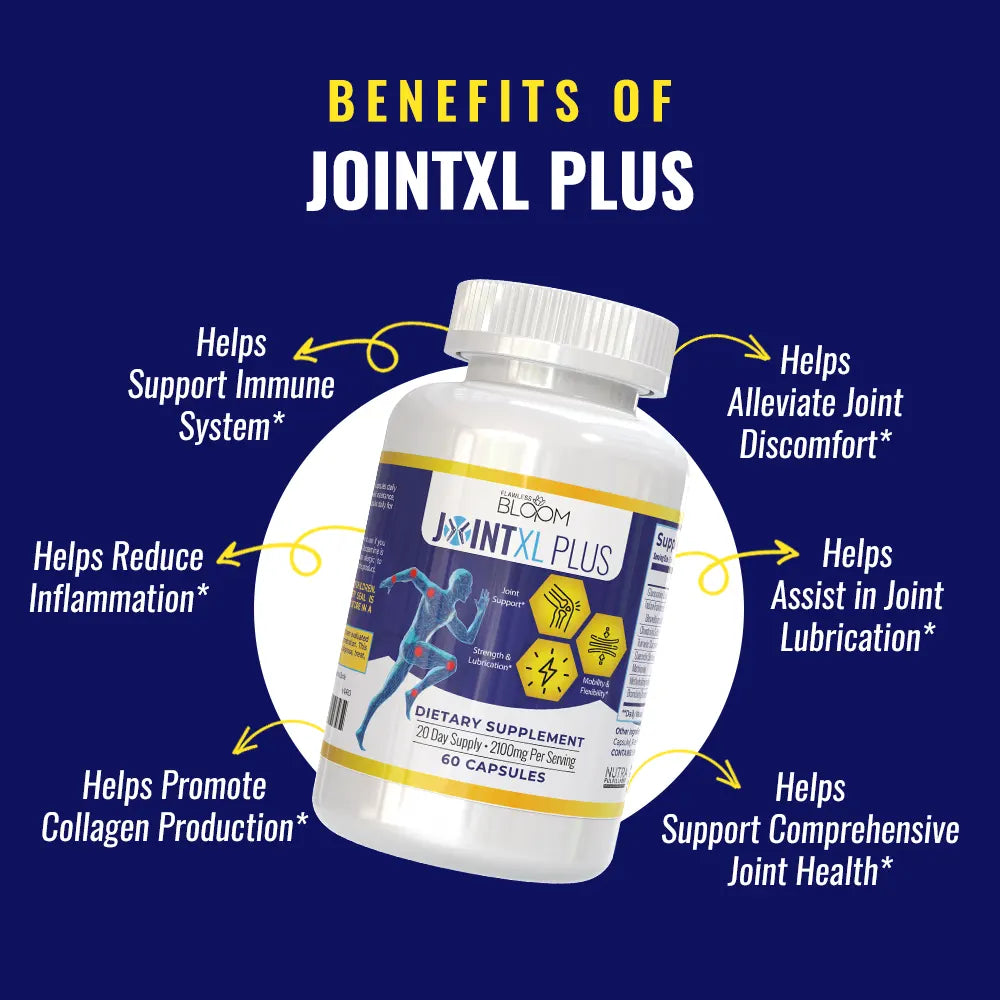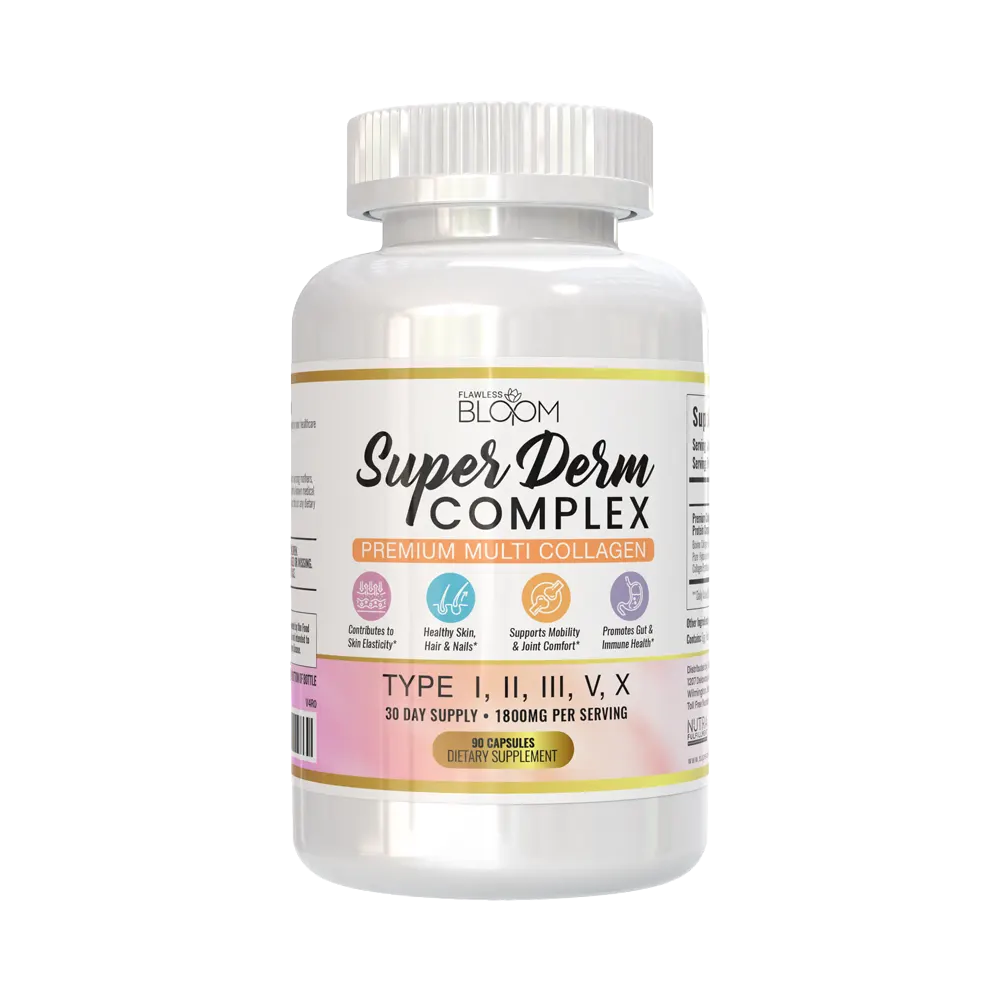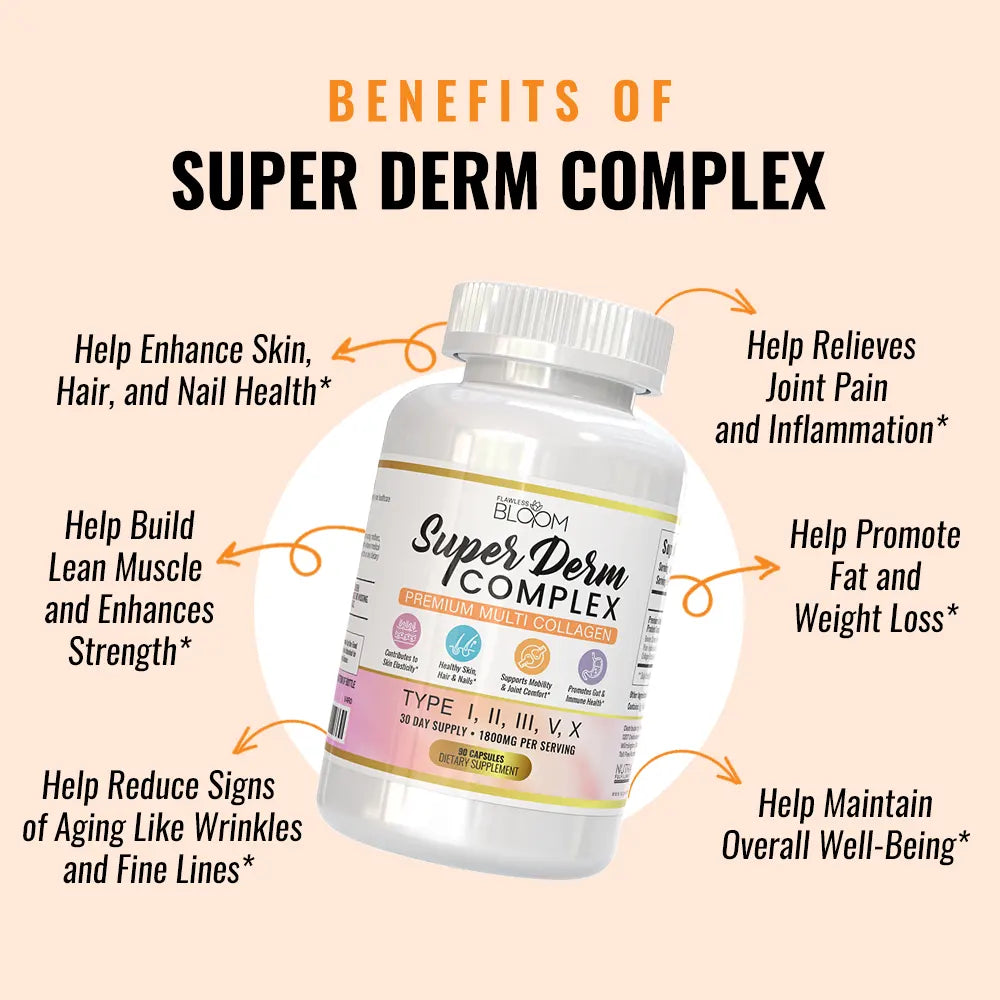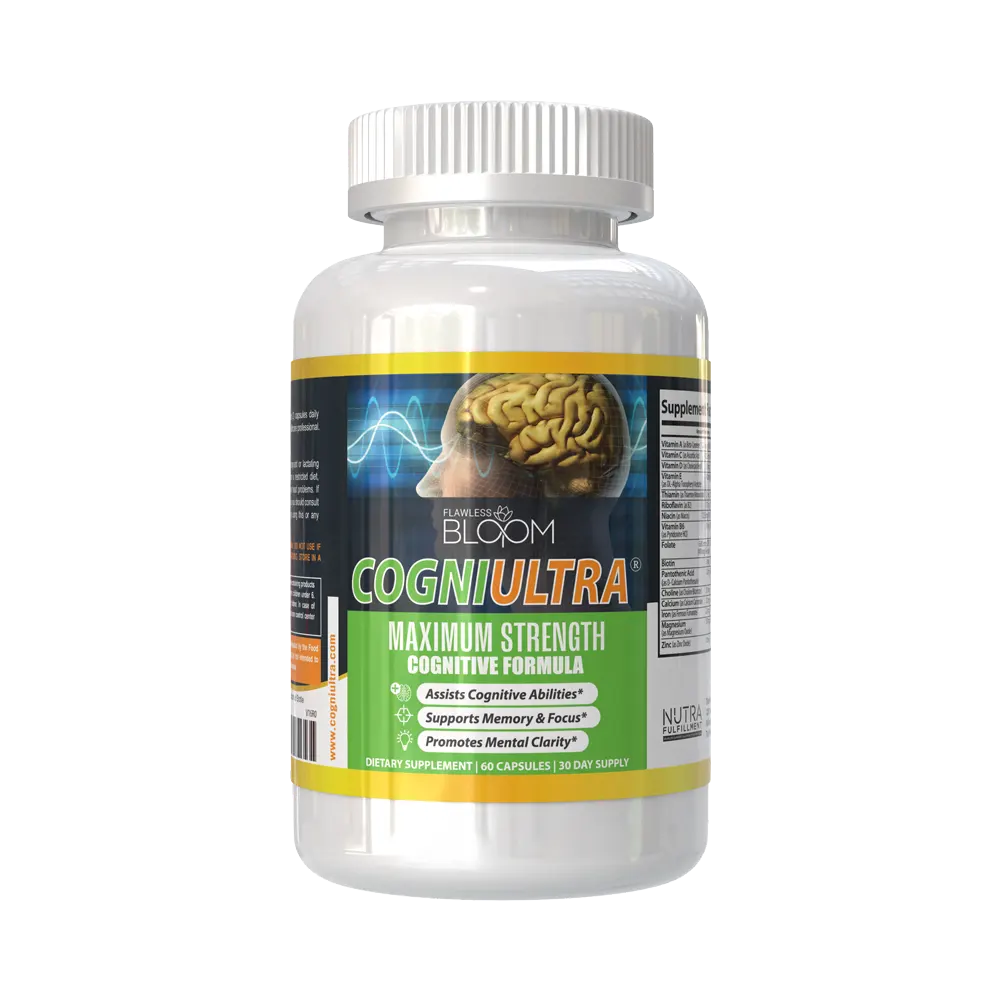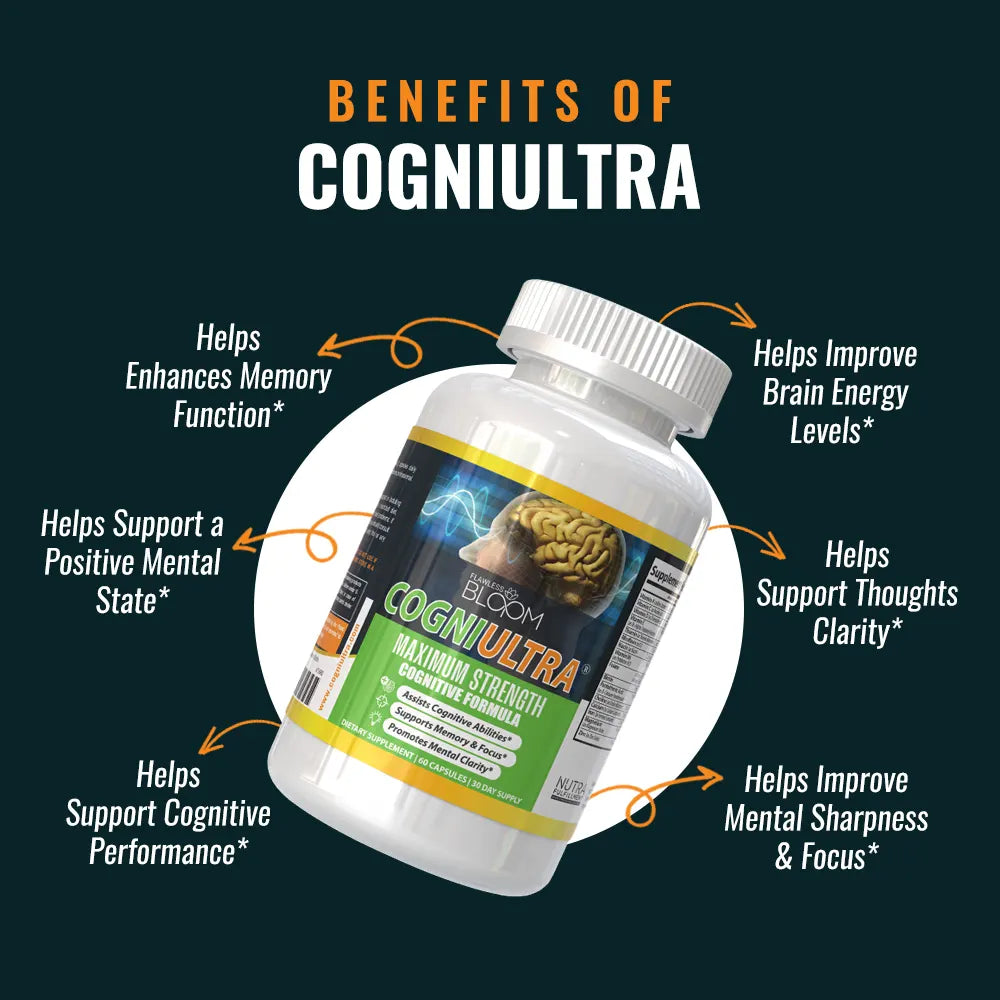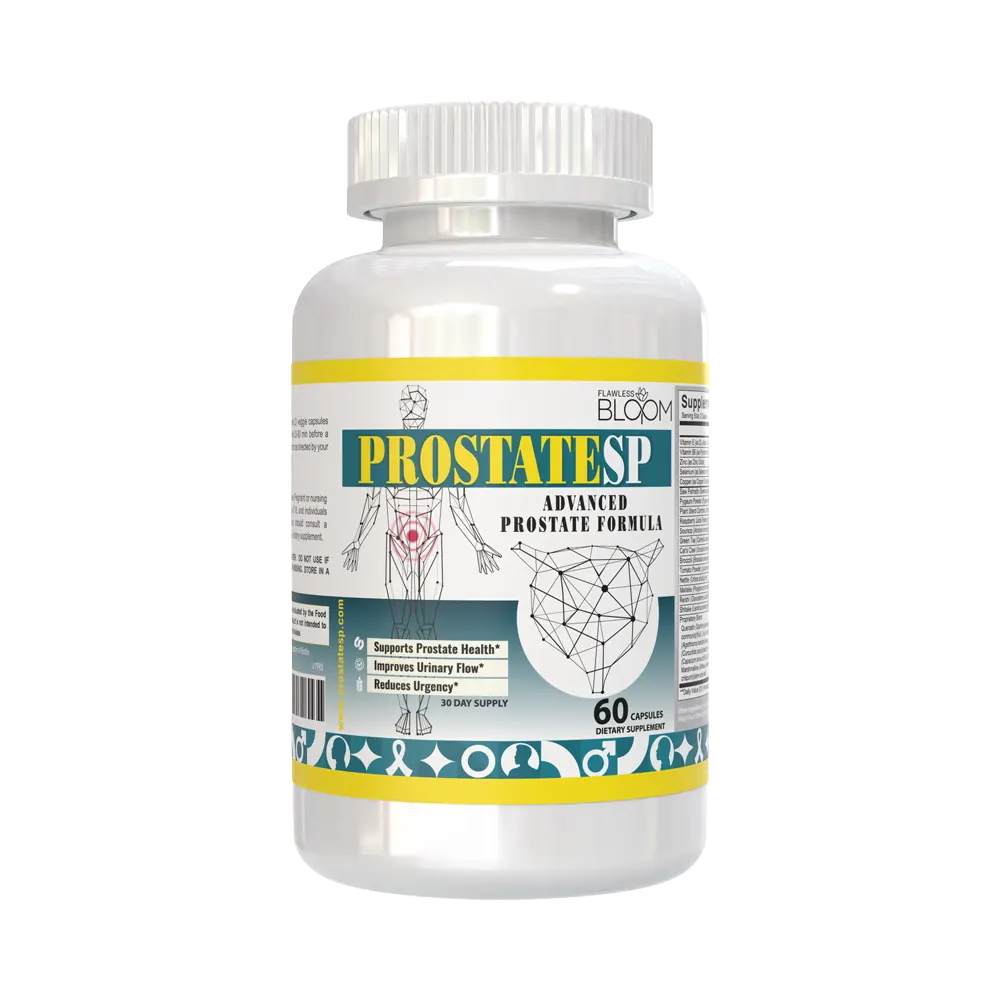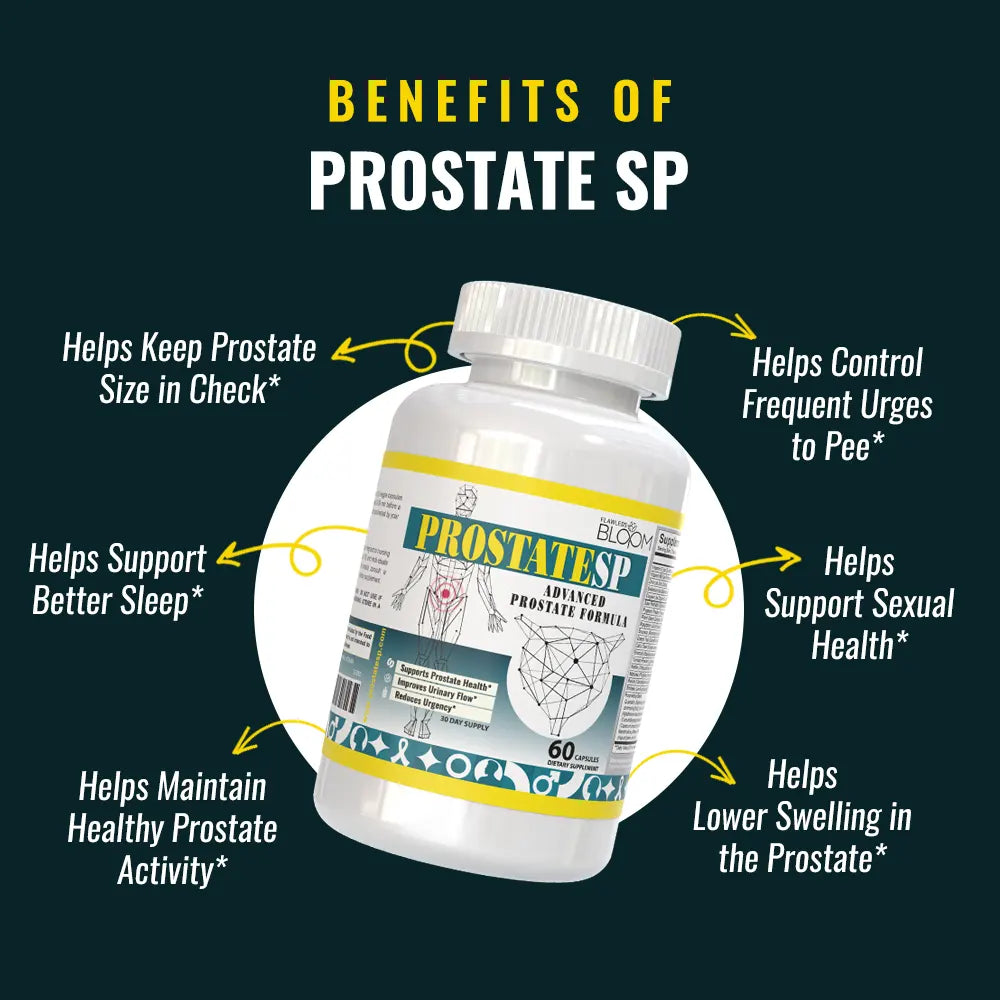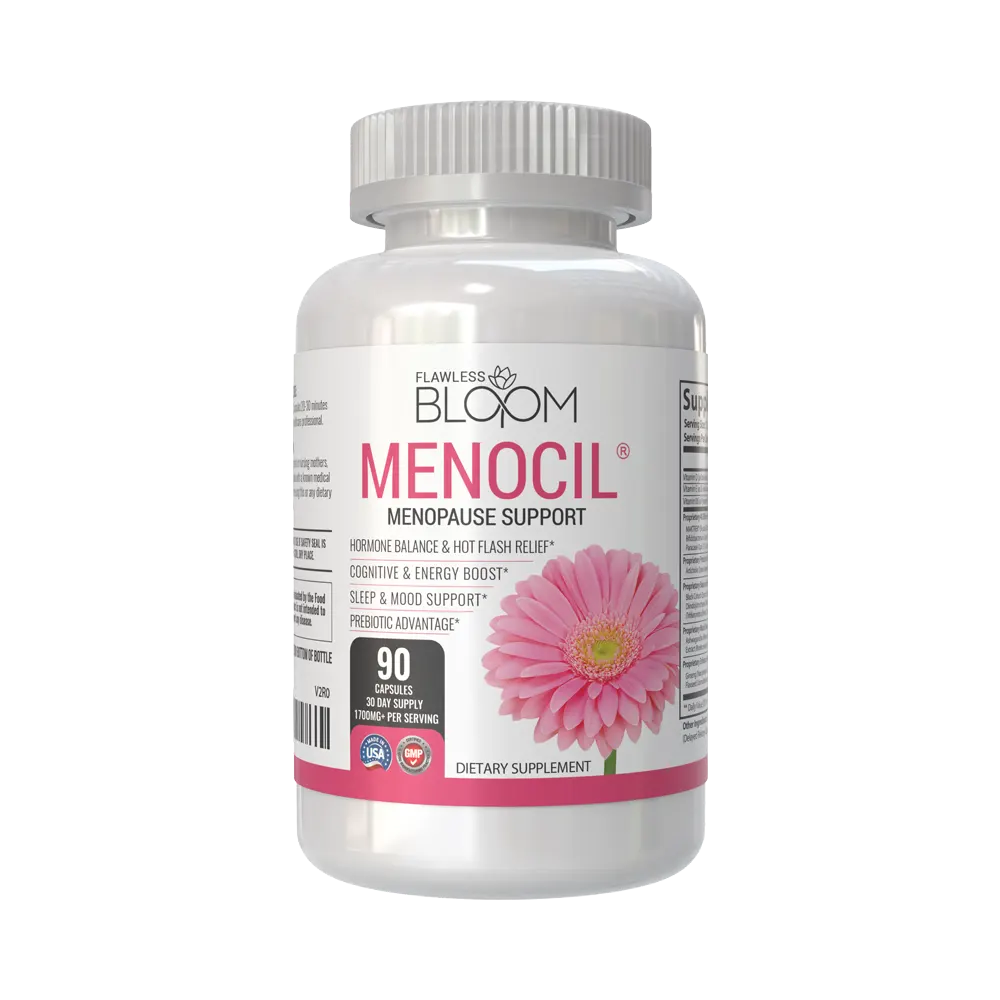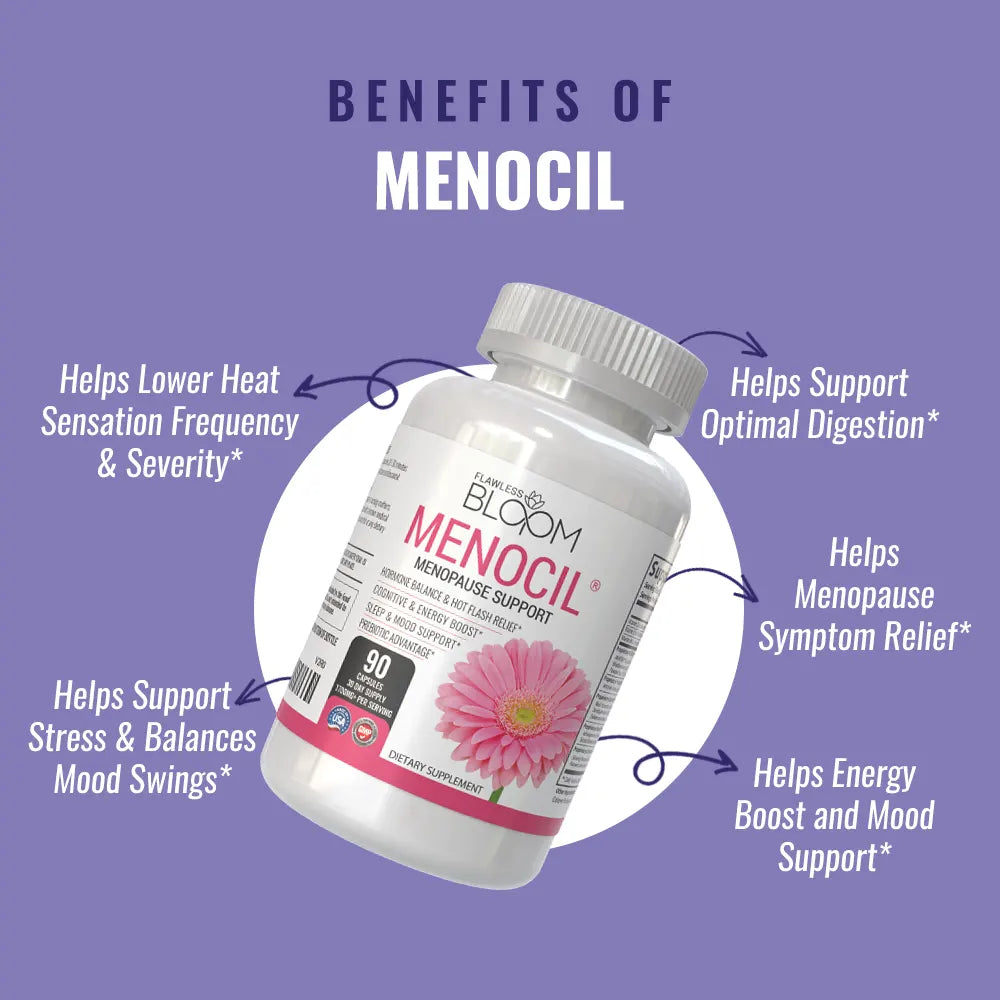Prosvent Review: Is This Supplement the Solution to Your Prostate Problems?
Prosvent is a natural prostate health supplement designed to improve urinary flow and reduce nighttime bathroom trips. In this review, we dive deep into its ingredients, effectiveness, and overall value.
Advertiser Disclosure: We independently select all the products. If you click through links we provide, we may earn a commission.

For many men, the quiet frustrations of aging begin with a single, simple annoyance - the nightly rush to the bathroom.
Interrupted sleep, frequent trips, and that constant sense of urgency then makes life just unbearable. That’s why Millions of men are searching for solutions to support better prostate health and reclaim their comfort and peace of mind.
This growing need has led many to seek natural supplements to ease urinary challenges and promote overall wellness. Among these, Prosvent is the one everyone seems to be talking about, thanks to its natural ingredients. But does it really deliver the relief it promises?
Let’s take a closer look at Prosvent. From its ingredients to its effectiveness and overall value, we’ll explore whether this prostate health supplement makes a valid case. Let's see if Prosvent could be it.
Ingredient Analysis
Prosvent combines a mix of natural components commonly used for supporting prostate and urinary health. The formula consists of plant-based extracts and supportive nutrients, including Stinging Nettle, Beta-sitosterol, Saw Palmetto, Pumpkin Seed Oil, and Pygeum africanum. While each of these ingredients claims to play a role in promoting prostate wellness, the scientific support behind them varies.
 Supplement Facts
Supplement Facts
Here’s a closer look at each key ingredient:
Stinging Nettle
Stinging Nettle, or Urtica dioica, has been used for centuries in herbal medicine and has shown it can take on prostate-related issues.
The plant is rich in bioactive compounds like lignans, flavonoids, and phytosterols, which may contribute to its anti-inflammatory and diuretic properties. Clinical studies have demonstrated that Stinging Nettle can help alleviate symptoms of benign prostatic hyperplasia (BPH), such as frequent urination and incomplete bladder emptying.
A 2013 randomized, double-blind trial,for instance, found that men with BPH who took Stinging Nettle extract for eight weeks experienced significant reductions in their symptoms compared to a placebo group. These results suggest it may help reduce inflammation and prevent the proliferation of prostate cells. Additionally, its favorable safety profile makes it a top contender for natural prostate health support.
We approve of this ingredient.
Saw Palmetto
Saw Palmetto (from the Serenoa repens plant) is not a new name in the prostate health support block. It’s believed to help by inhibiting the enzyme that converts testosterone into dihydrotestosterone (DHT), a hormone linked to prostate enlargement.
By reducing DHT levels, Saw Palmetto may alleviate BPH symptoms such as difficulty urinating and frequent bathroom trips.
Some studies have highlighted its potential benefits, including reduced urinary discomfort and improved urine flow. However, it’s worth noting that findings are mixed, with some research casting doubt on the herb’s effectiveness for significant BPH improvement.
Even so, Saw Palmetto’s place in prostate health supplements is solid, backed by science, and is generally considered safe for long-term use.
We approve of this ingredient.
According to Emily Carter, Clinical Research Fellow
Saw Palmetto has been used for decades to support prostate health by balancing DHT levels. While individual results may vary, it remains a trusted ingredient for reducing urinary discomfort and promoting overall prostate function.
Beta-sitosterol
Beta-sitosterol is a plant sterol commonly found in nuts, seeds, and vegetables.
This compound is claimed to bind to the prostate and inhibit the activity of the enzyme 5-alpha-reductase, which is responsible for converting testosterone into the more potent dihydrotestosterone (DHT).
But, the evidence is not as robust as that for Stinging Nettle or Saw Palmetto.
Critics argue that research on Beta Sitosterol often lacks standardization in dosage and length of study, leading to inconsistent conclusions.
Additionally, any benefits may hinge on consuming it in its pure and adequately dosed form. Dietary sources like nuts and seeds often provide beta-sitosterol in small quantities, raising concerns about its actual effectiveness in supplement formulations.
Without sufficient high-quality trials, this ingredient’s role in Prosvent remains speculative at best.
We don’t approve of this ingredient.
Vitamin D
Vitamin D is a well-known nutrient essential for bone health and immune function, but its role in prostate health is less defined.
Studies exploring the connection between Vitamin D and prostate conditions, such as BPH, have yielded inconclusive results.
While there is some evidence suggesting Vitamin D may help protect prostate cells from oxidative stress, this doesn’t directly translate into measurable relief from urinary symptoms or prostate size reduction.
Given these uncertainties, it’s unclear if Vitamin D adds any meaningful value to the formula. Most individuals can maintain adequate Vitamin D levels through sunlight exposure or dietary sources, so we don’t think it’s a key supplement ingredient in this context.
We, therefore, don’t approve of this ingredient.
We Tried Prosvent
 Prosvent
Prosvent
We convinced a member of our team to try out Prosvent. The promise of better urinary function and restful nights sounded too good to ignore.
Over the course of six weeks, taking two softgels daily became part of his consistent routine.
Initially, he says he noticed mild improvements. Nighttime trips to the bathroom reduced slightly, and urgency felt less overwhelming. It was encouraging.
However, as time went on, the effects seemed inconsistent. Some days, he says, were better than others, but there wasn’t a significant shift in overall well-being.
The ingredients, while natural, didn’t seem to deliver the robust impact one might expect. Stinging Nettle and Saw Palmetto are effective, but their potential is overshadowed by ingredients like Beta-sitosterol, which lacks consistent scientific proof.
By the end, urinary concerns persisted, and the improvements didn’t justify the cost or commitment.
While the formula showed some promise, it didn’t really address the deeper discomforts of prostate health.
So, Prosvent is a decent product, but we wouldn’t recommend it. Ingredient quality, effectiveness, and impact on overall well-being didn’t meet expectations. It left us wanting a bit more.
Prosta-Q also claims to improve urinary function and support prostate health. However, before giving it a try, be sure to read a Prosta-Q review to evaluate its effectiveness.
Side Effects and Safety
Prosvent's ingredients are generally considered safe, with most users reporting minimal side effects.
However, some have noted mild digestive issues like nausea, diarrhea, or indigestion. These are believed to stem from sterols or other herbal components in the formula. While uncommon, these symptoms may occur in users sensitive to specific ingredients.
The product does not contain caffeine, making it suitable for individuals with sensitivities to stimulants.
However, as with any supplement, it’s important to consult your doctor if you take medications or have existing health conditions. You don’t want any unintended interactions or risks.
So, Prosvent is seen as a safe option for addressing urinary issues associated with prostate health. Though reactions are rare, serious symptoms like persistent discomfort or worsening health should mean you drop it and seek urgent medical advice.
Real Customer Reviews
Prosvent currently has over 2,900 reviews on Amazon, with a 4.2 out of 5 stars average rating. The feedback is divided, with a mix of positive and negative experiences reported by users.
A user who awarded a 5-star rating mentioned:
This product works. I was at my wits’ end and desperation. I decided to hell with it and paid the cost and ordered it. I was going to the bathroom every 30 to 45 minutes. Thirty days later, I’m at four hours between bathroom trips, thanks to this product. I’ve started on my second bottle of Prosvent.
Conversely, a top negative review also from a verified Amazon purchaser who awarded a 1-star rating, states:
I ordered a 60-day supply of this product after watching an infomercial with the good doctor explaining the product’s value. Unfortunately, after 60 days of using it as recommended, I had no significant change in my urine flow. It’s still relatively weak. Flow Max is more effective.
A significant concern highlighted on this platform is customer service. Many reviewers reported unauthorized charges, difficulties canceling orders, and delayed refunds.
While some customers find value in Prosvent for easing prostate-related symptoms, the mixed reviews demonstarte its varied effectiveness and customer service challenges.
Be sure to consider these factors and consult with a healthcare provider before making a purchase.
Where to Find the Best Value
You can buy Prosvent from its official website, Amazon, and other leading retail stores. Each option offers unique pricing structures.
The official website provides a subscription plan starting at $49.95 per bottle, with added benefits like free shipping on specific purchases. Amazon lists Prosvent at $50.00 for a single purchase.
Compared to other Best prostate health supplements, which generally range from $20 to $60 depending on the brand and ingredients, Prosvent's pricing is on the higher end. Consider your needs and budget when choosing where to buy
Prosvent Vs ProstateSP
When comparing Prosvent to ProstateSP, key differences emerge in formulation, ingredients, and price.
Prosvent’s blend includes natural components like Stinging Nettle and Beta-sitosterol. While effective for some, its formula relies on several ingredients lacking consistent scientific support, such as Beta-sitosterol. Priced at $49.95 per bottle, it offers a standard approach to prostate health.
ProstateSP stands out with a robust and research-backed formula of plant sterols, Nettle, Zinc, and additional antioxidants. It’s designed to actively reduce prostate inflammation while enhancing urinary function and overall well-being, and providing sexual support. At $67 per bottle, its slightly higher price aligns with its claims of superior quality and benefits.
Ultimately, ProstateSP appears better positioned for effective and natural prostate support.
Pros and Cons
Pros:
- Contains natural ingredients like Beta-sitosterol and Stinging Nettle
- Designed to improve urinary flow and reduce urgency
- May help reduce nighttime bathroom visits
- Formulated by a Harvard-trained specialist
- Includes a 30-day money-back guarantee
Cons
- Ingredients have inconsistent supporting research
- Not available for purchase in physical stores
- Results may vary from person to person
- Higher price point compared to some alternatives
- Requires consistent daily use for noticeable effects
Conclusion
The prostate supplements arena is vast, and finding your way around isn’t easy. Prosvent presents a mixed bag of results.
On one hand, its natural ingredients like Beta-sitosterol and Stinging Nettle offer some scientific support for managing mild urinary symptoms.
However, the inclusion of less substantiated components questions its overall effectiveness.
Price is another consideration. While not exorbitantly expensive at $49.95 per bottle, it may feel underwhelming if the results don’t meet expectations. Plus, it relies on consistent which means patience is required, which may not align with everyone’s needs.
So, you might want to weigh what you truly seek in a supplement. Are you okay with incremental relief, or need something more robust? Whatever your choice, take the time to research. A healthy, informed decision can make all the difference.
FAQs
References
- The Efficacy of Stinging Nettle (Urtica Dioica) in Patients with Benign Prostatic Hyperplasia: A Randomized Double-Blind Study in 100 Patients: https://doi.org/10.5812/ircmj.2386
- Beta‐sitosterols for benign prostatic hyperplasia: https://doi.org/10.1002/14651858.CD001043
- A double blind, placebo-controlled randomized comparative study on the efficacy of phytosterol-enriched and conventional saw palmetto oil in mitigating benign prostate hyperplasia and androgen deficiency: https://doi.org/10.1186/s12894-020-00648-9
- Vitamin D and prostate cancer prevention: https://doi.org/10.5306/wjco.v15.i6.691















